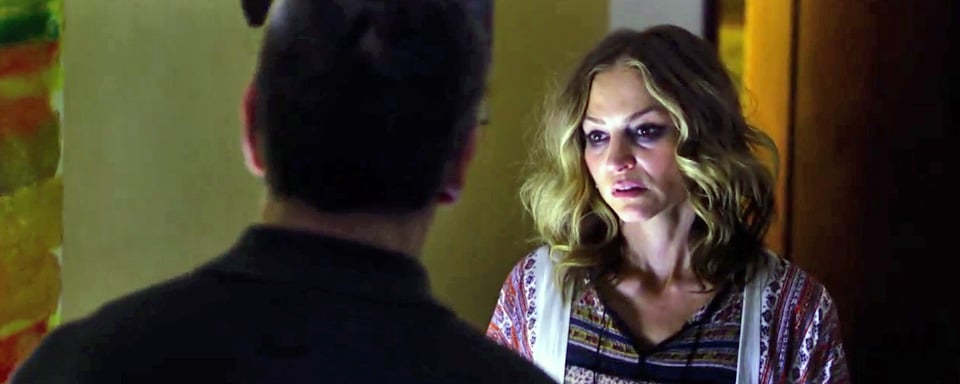

RELATED: What You Should Know About Insomnia and Mental Health Cases can be short term, such as those due to a stressful event, like a job change or jet lag or long term, meaning the sleep trouble lasts for three months or longer, which is known as chronic insomnia.

Insomnia Insomnia is characterized by difficulty falling asleep or staying asleep. Learn More About How Much Sleep You Need Each Night If that’s the case, you should ask your doctor about getting checked for a sleep disorder, or see a sleep medicine specialist. Maybe you’re spending too much time in light sleep and not getting enough restorative deep sleep, for example, Pelayo says. Waking up sleepy may indicate that the quality of your sleep is poor. If you do wake up feeling tired, something is wrong.” “The issue is waking up refreshed,” he says. That recommendation, along with additional recommended sleep times for younger children, adolescents, and older adults, is based on the amount of sleep associated with the best health outcomes in a number of areas, including things like mood, learning, accidents, hypertension, heart disease, diabetes, and pain.īut Pelayo says not to get too concerned about banking a specific number of hours of sleep each night. But typically the sleep target for adults is between seven and nine hours each night, according to guidelines from the National Sleep Foundation. How much sleep you need each night varies somewhat depending on your age (younger people typically need more sleep than older adults) and our genes (some people are naturally shorter sleepers than others). Learn More About Your Circadian Rhythm and How It Affects Sleep The more sleep researchers learn about these two systems that control sleep, the more it is clear why not only sufficient hours of sleep, but also good sleep habits (such as going to sleep and waking up at the same time each day) are important.
#DONT SLEEP CAST HOW TO#
“The brain doesn’t know how to predict when they should be awake. “This is why people who wake up at different times every day may feel tired a lot,” Pelayo says. And when there’s a discrepancy between the homeostatic drive to sleep and the signal to sleep that comes from the circadian system, problems like jet lag and other disordered sleep occur.

“They’re two complementary systems in the brain,” Pelayo says. They’re regulated by hormones, such as the stress hormone cortisol and the sleep hormone melatonin, which get secreted by the brain to send these wake and sleep signals to the body.

These internal clocks are what drive us to feel sleepy at night and more awake in the morning (even, for instance, if you slept poorly the previous night, or pulled an all-nighter). Then there’s our circadian rhythm, our body’s biological clock, which syncs our body functions with environmental cues. For instance, if you stay awake for 24 or 36 hours instead of the typical amount of time you spend awake during a day, such as 16 or 17 hours, sleep-wake homeostasis is the mechanism that drives you to sleep longer and deeper once you do sleep. The homeostatic sleep drive affects how deeply we sleep, too. The longer we’re awake, the more our bodies crave sleep - and the longer we’re asleep, the more the body wants to wake up. First, there’s the sleep-wake homeostatic drive. Two internal systems control when we sleep and when we’re awake.


 0 kommentar(er)
0 kommentar(er)
